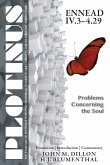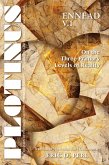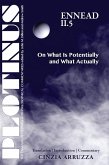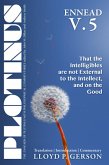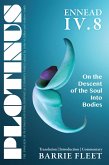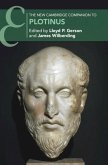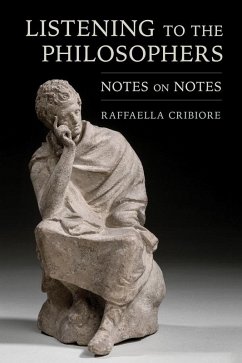Ennead I.6 is probably the best known and most influential treatise of Plotinus, especially for Renaissance artists and thinkers. Although the title may suggest a work on aesthetics and thus of limited focus, this is far from the case. For it quickly becomes apparent that Plotinus' main interest is in transcendent beauty, which he identifies with the Good, the goal of all philosophical endeavor in the Platonist's search to assimilate himself with the divine. The treatise is at once a philosophical search for the nature of the divine and at the same time an encouragement to the individual to aspire to this goal by taking his start from the beauty which is experienced in this world; for it is an image of transcendent beauty. This upward movement of the treatise reflects throughout the speech of Socrates in Plato's Symposium in which he recounts the exhortation of the priestess Diotima to ascend from earthly to transcendent beauty, which for Plotinus is identified with the divine.
Dieser Download kann aus rechtlichen Gründen nur mit Rechnungsadresse in A, B, BG, CY, CZ, D, DK, EW, E, FIN, F, GR, HR, H, IRL, I, LT, L, LR, M, NL, PL, P, R, S, SLO, SK ausgeliefert werden.



